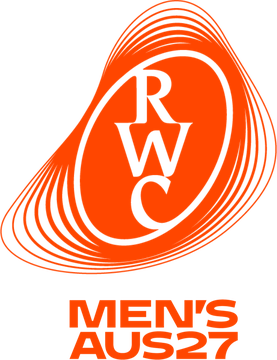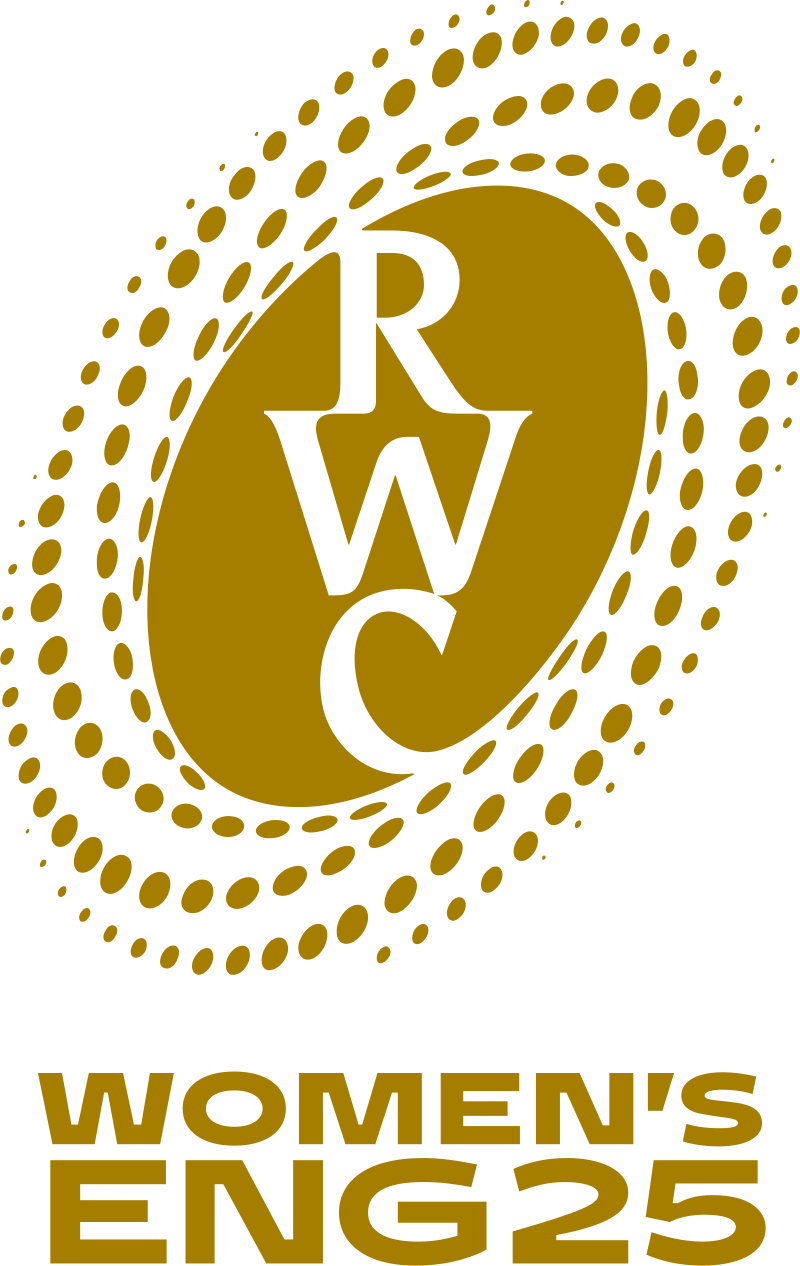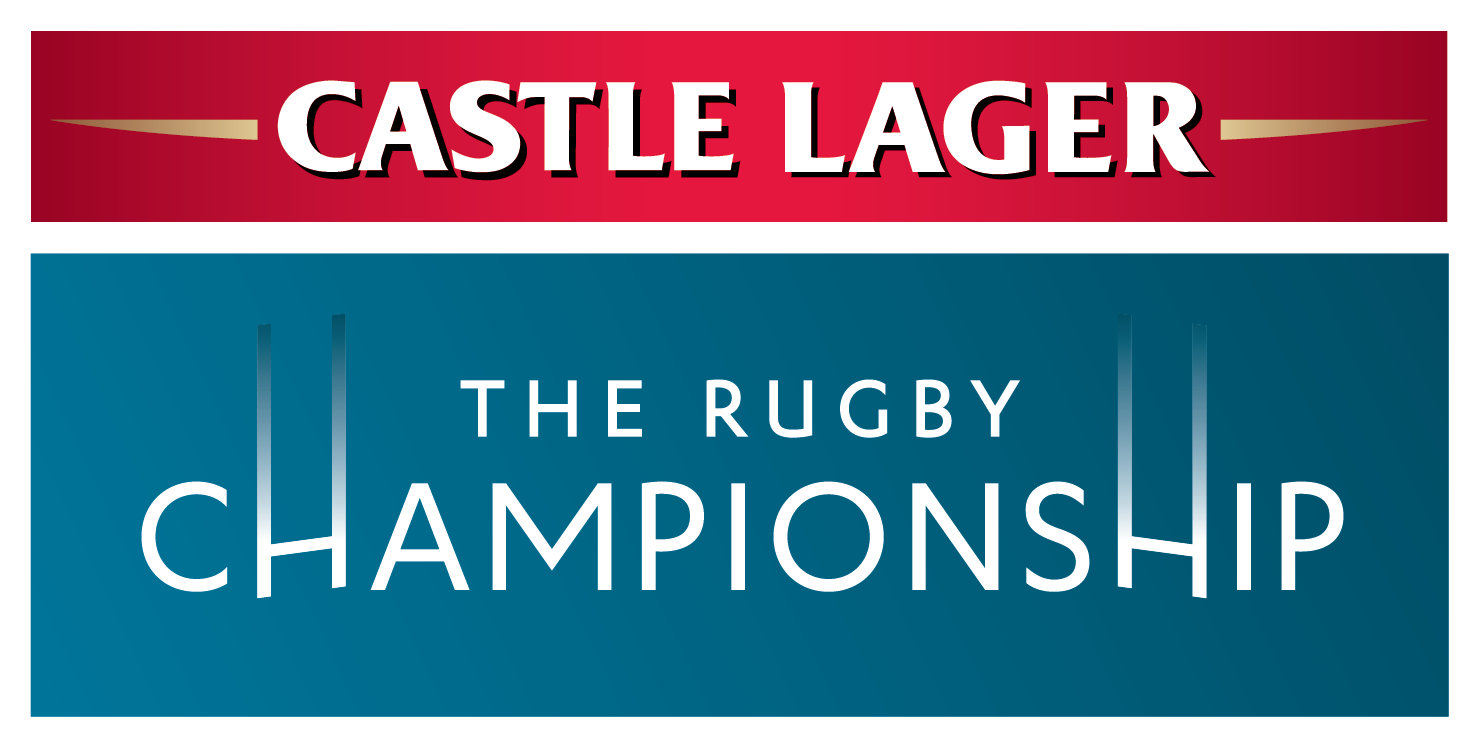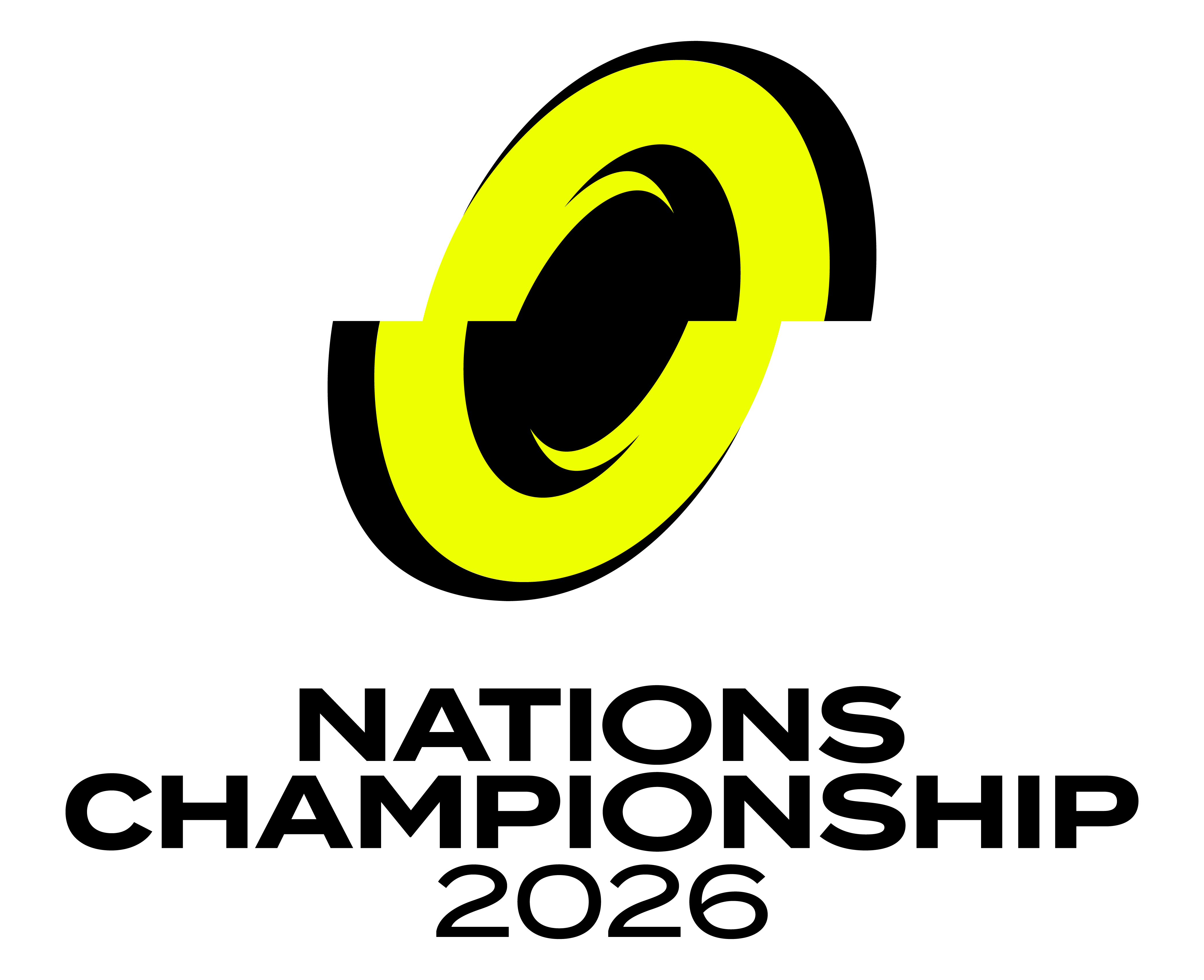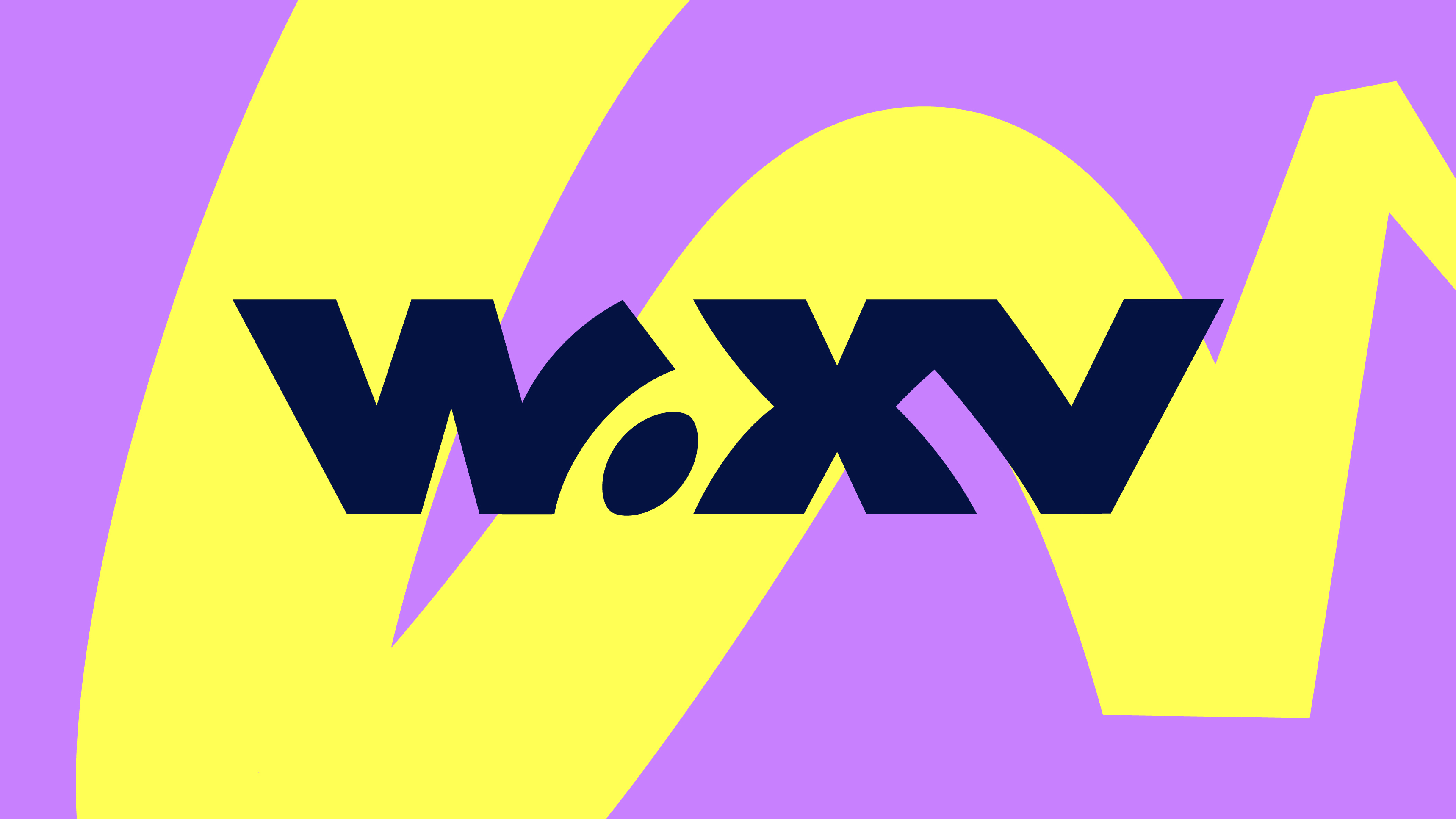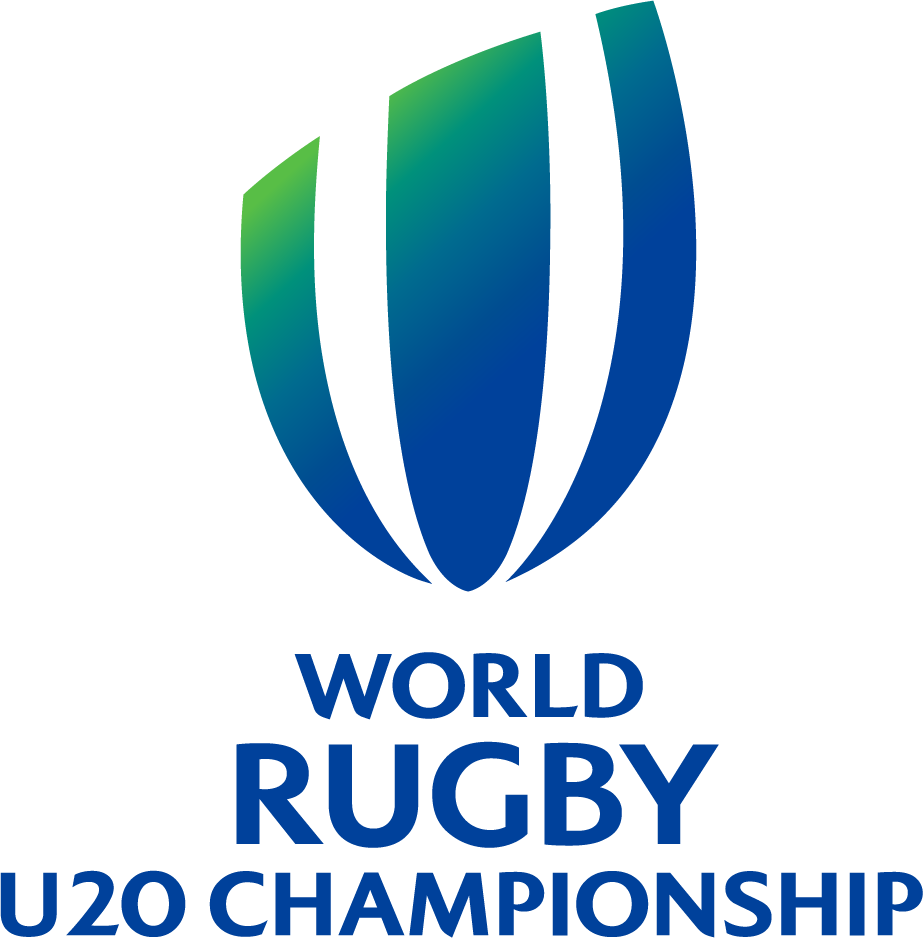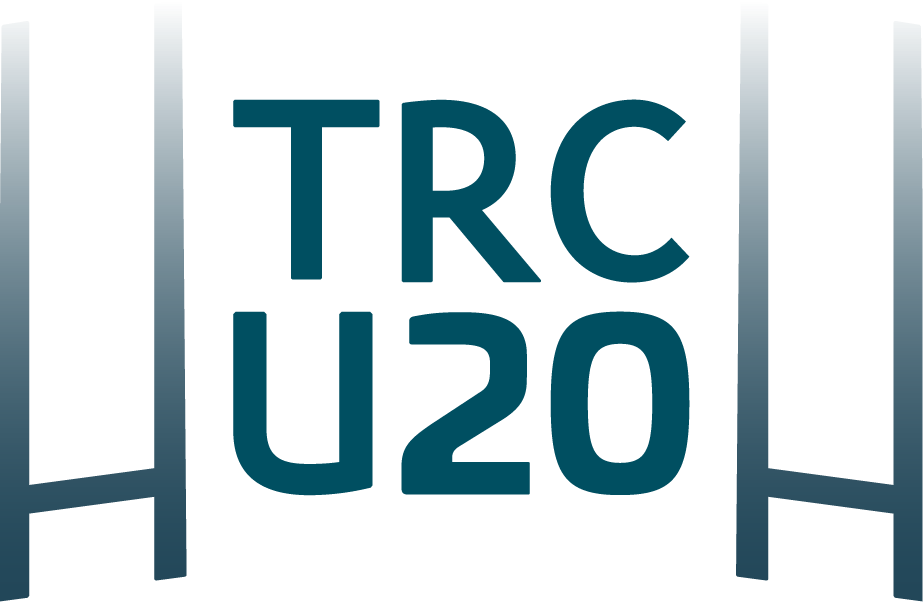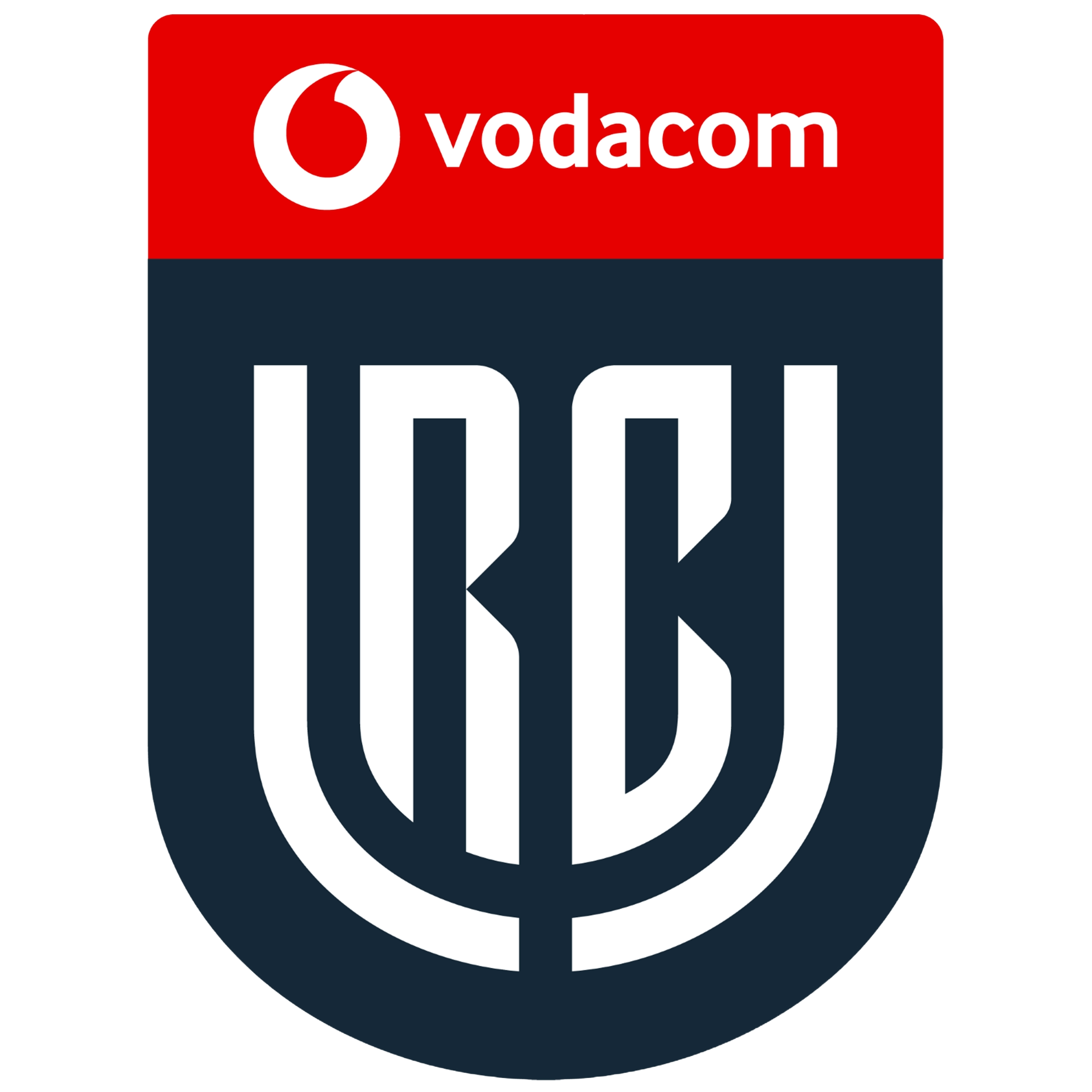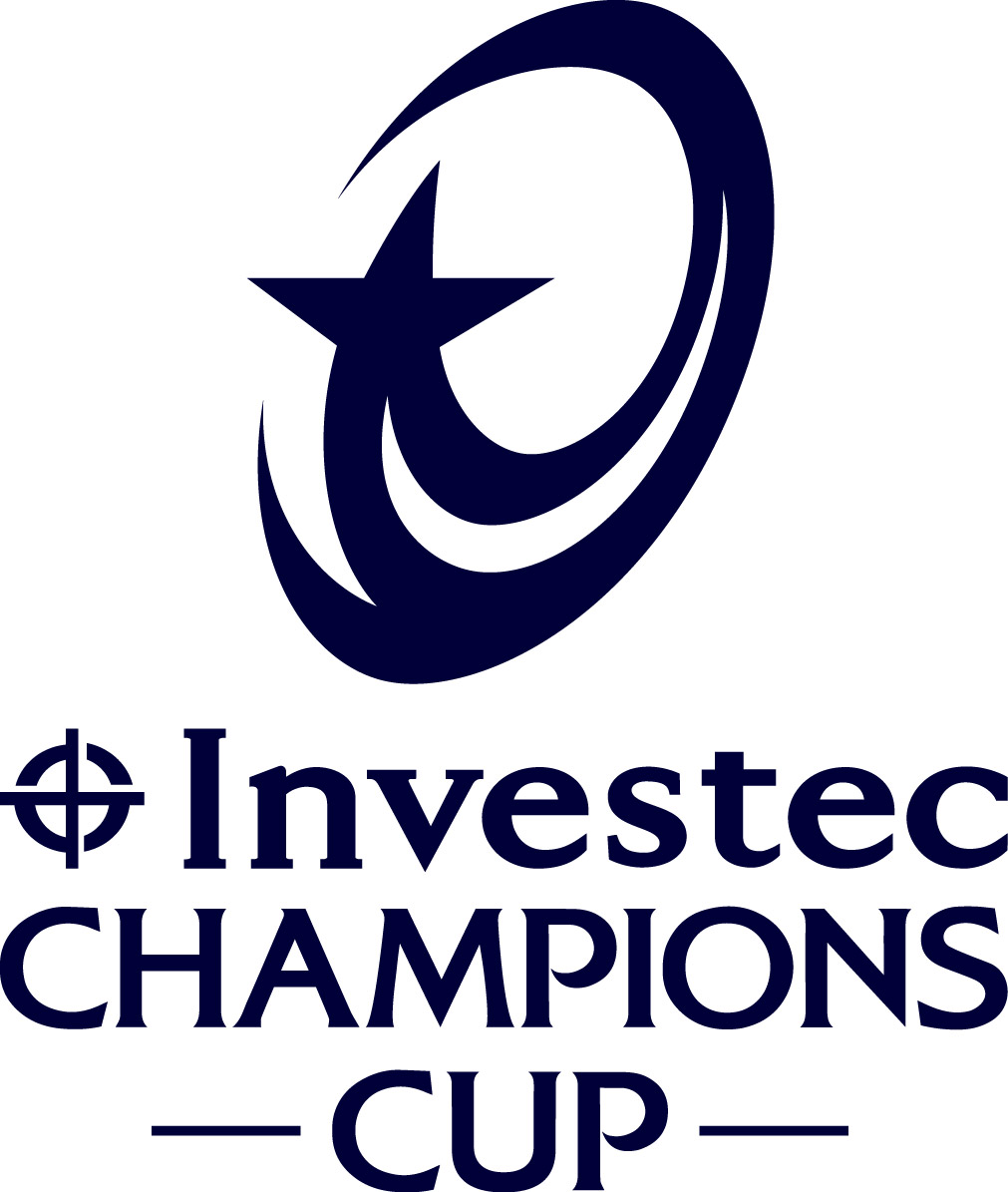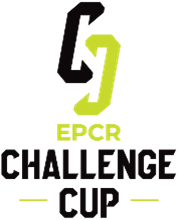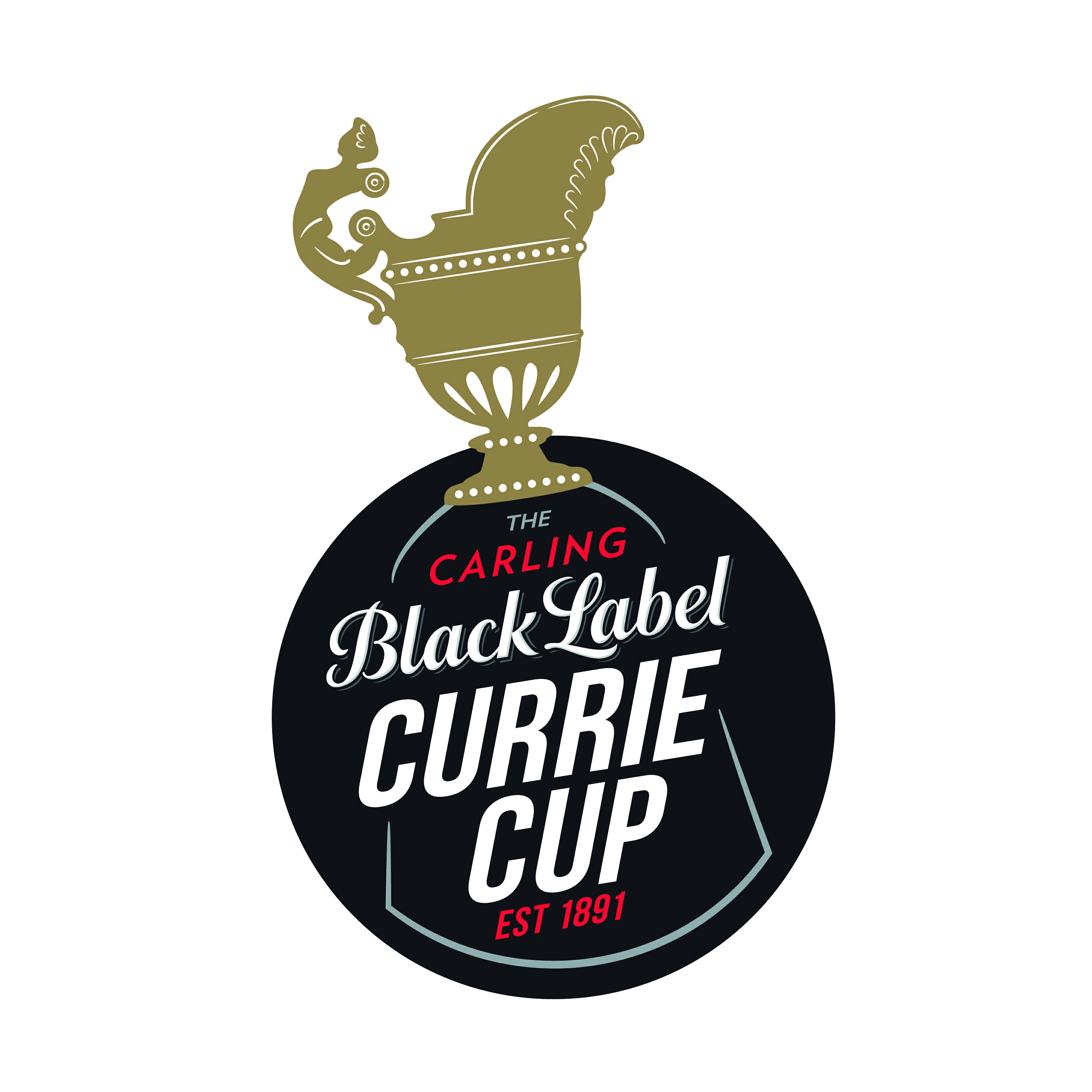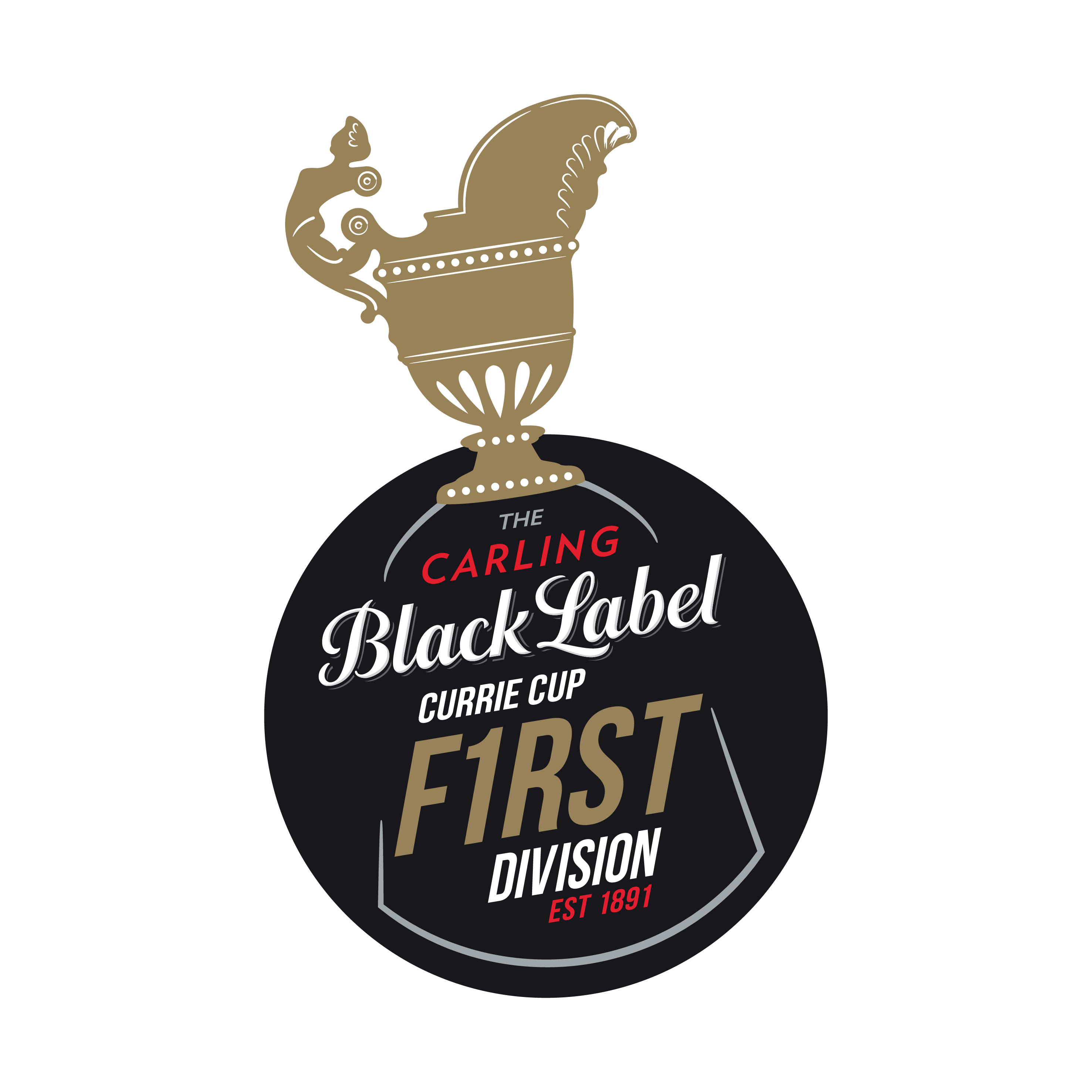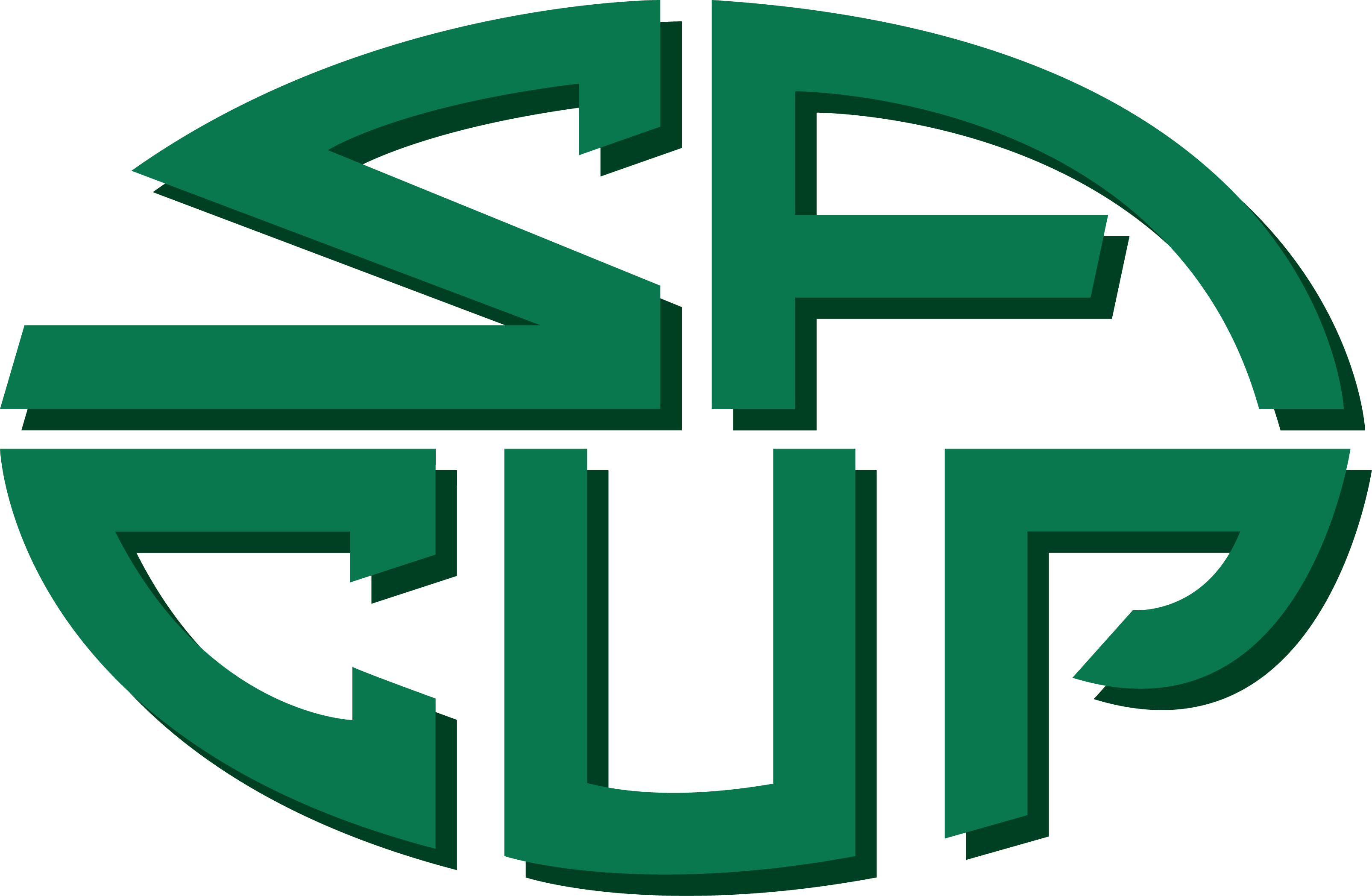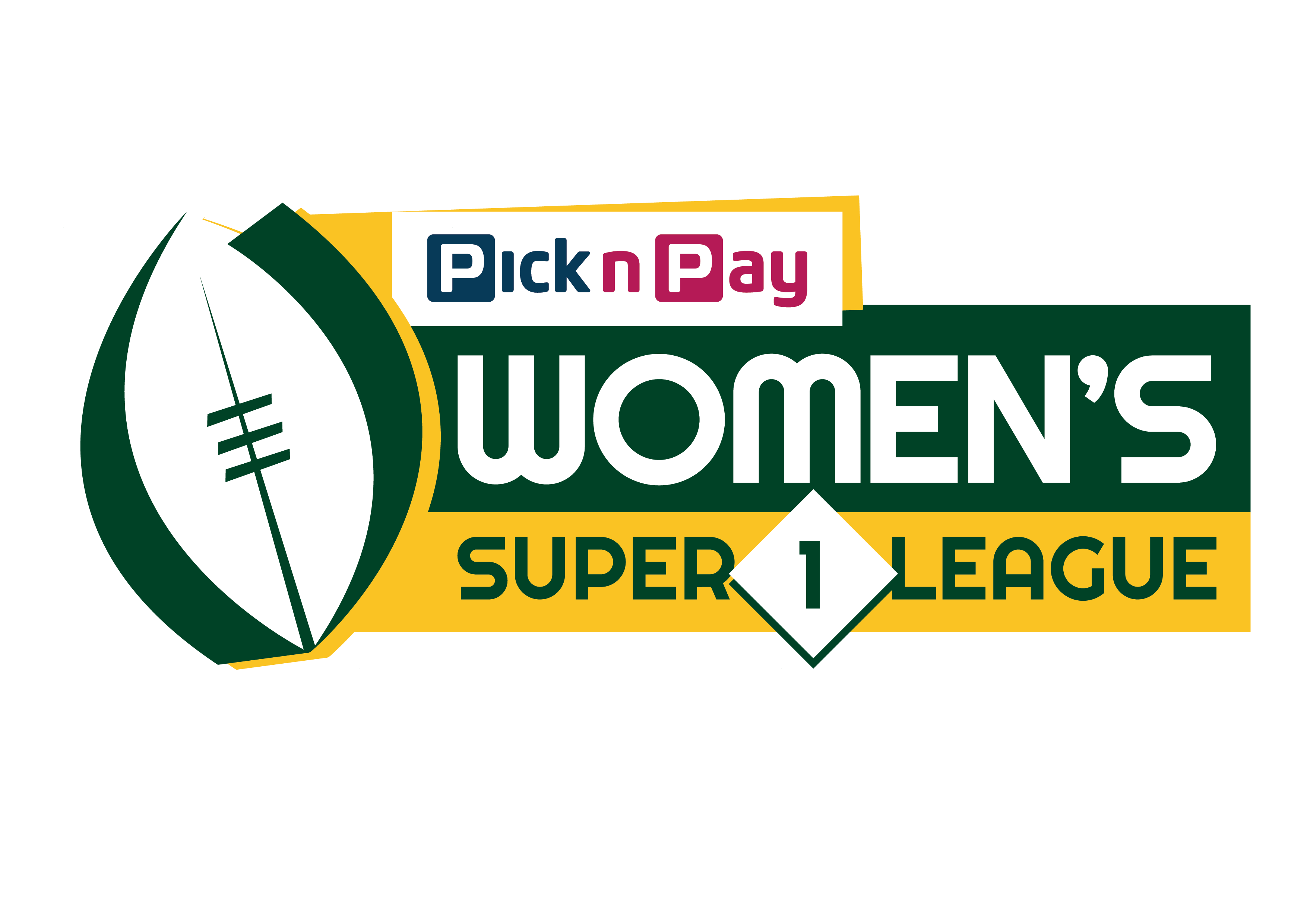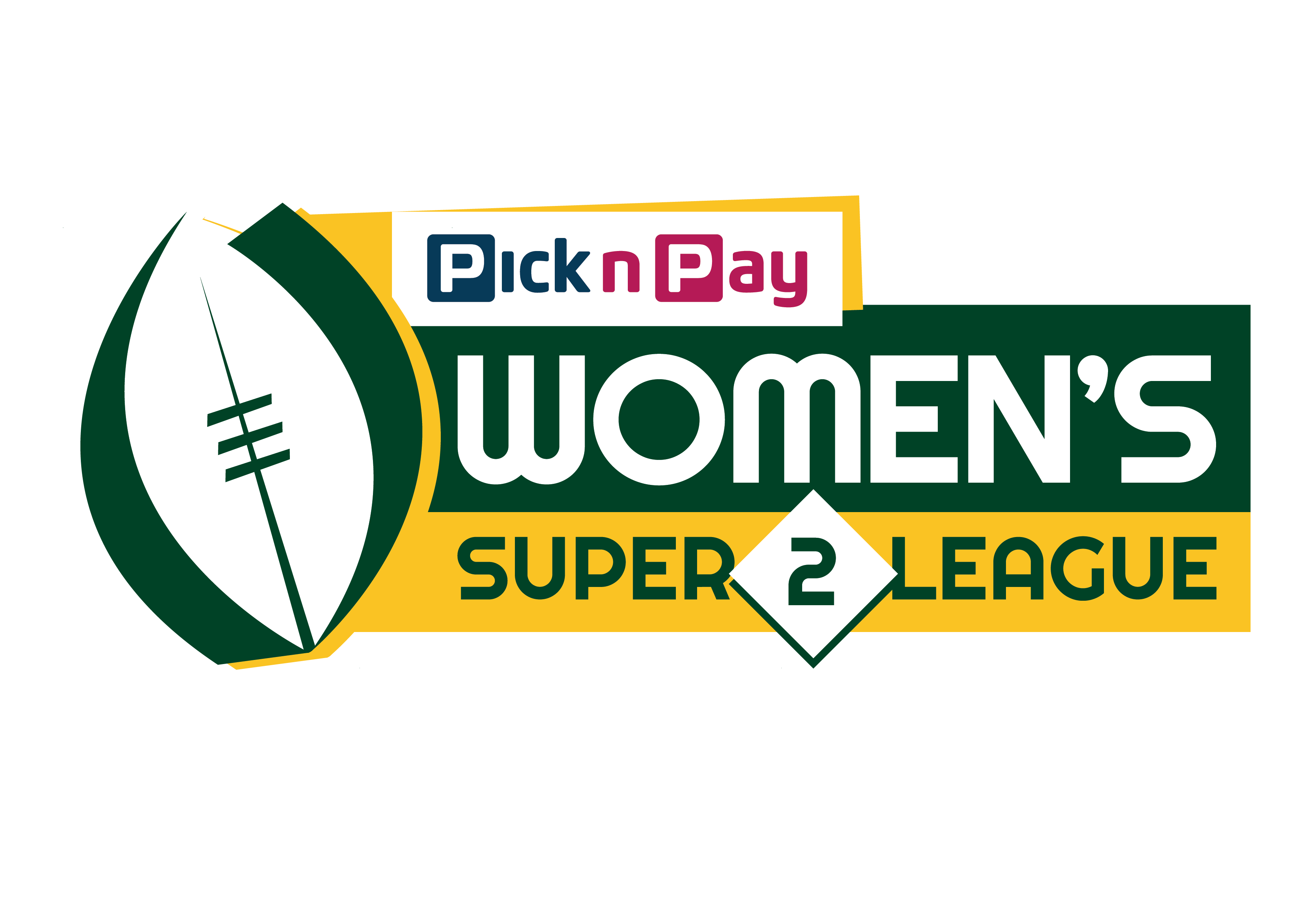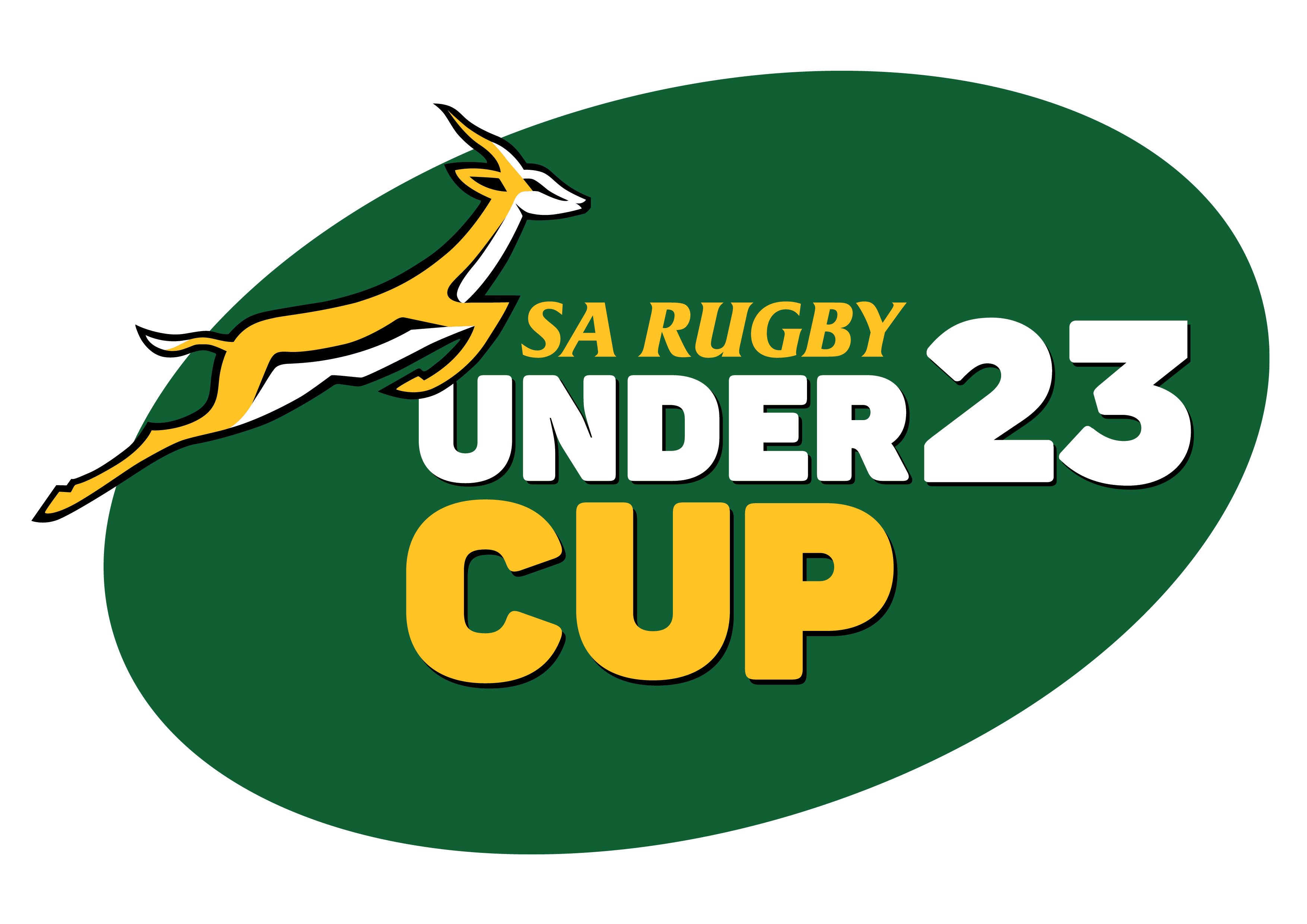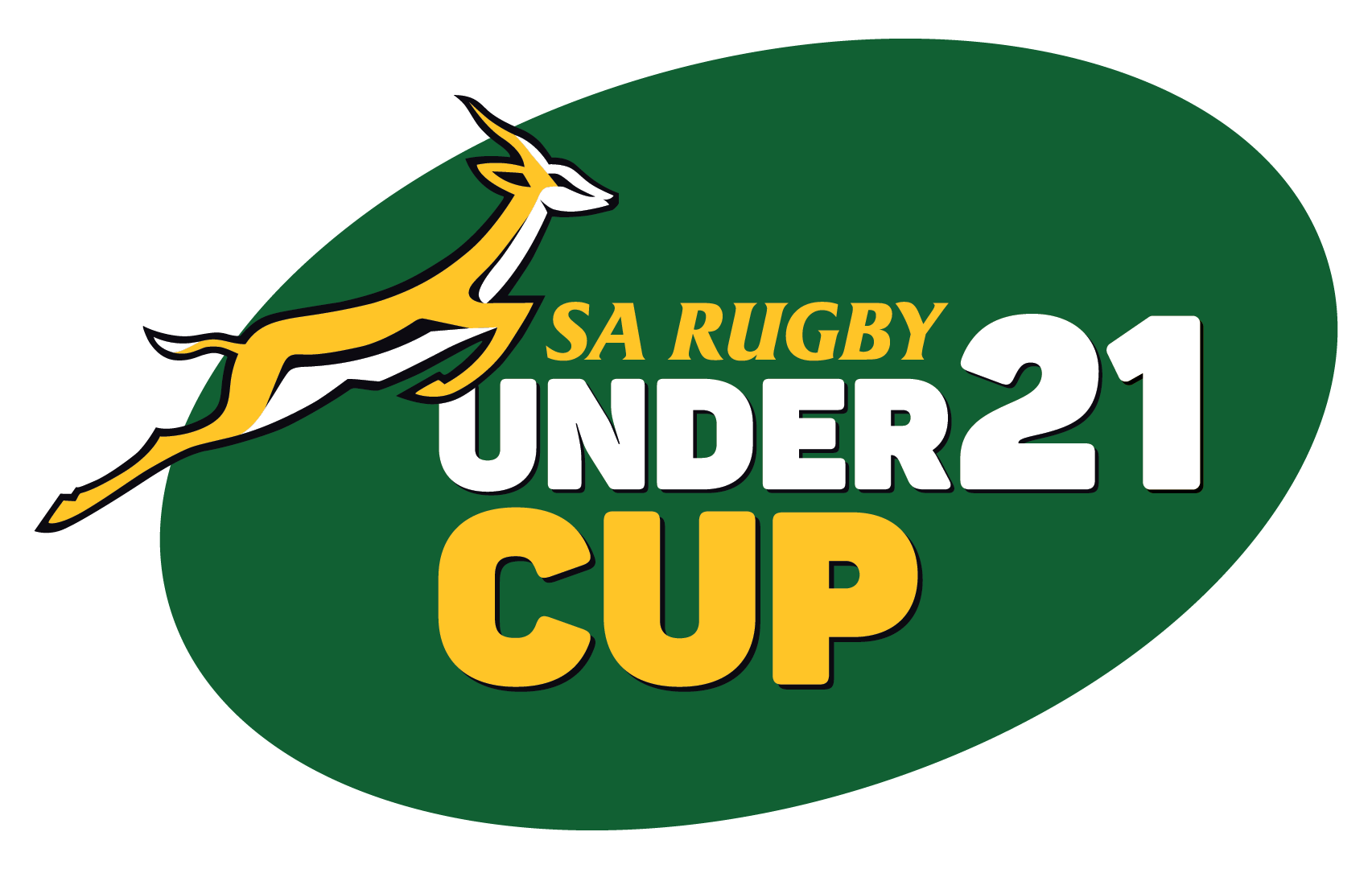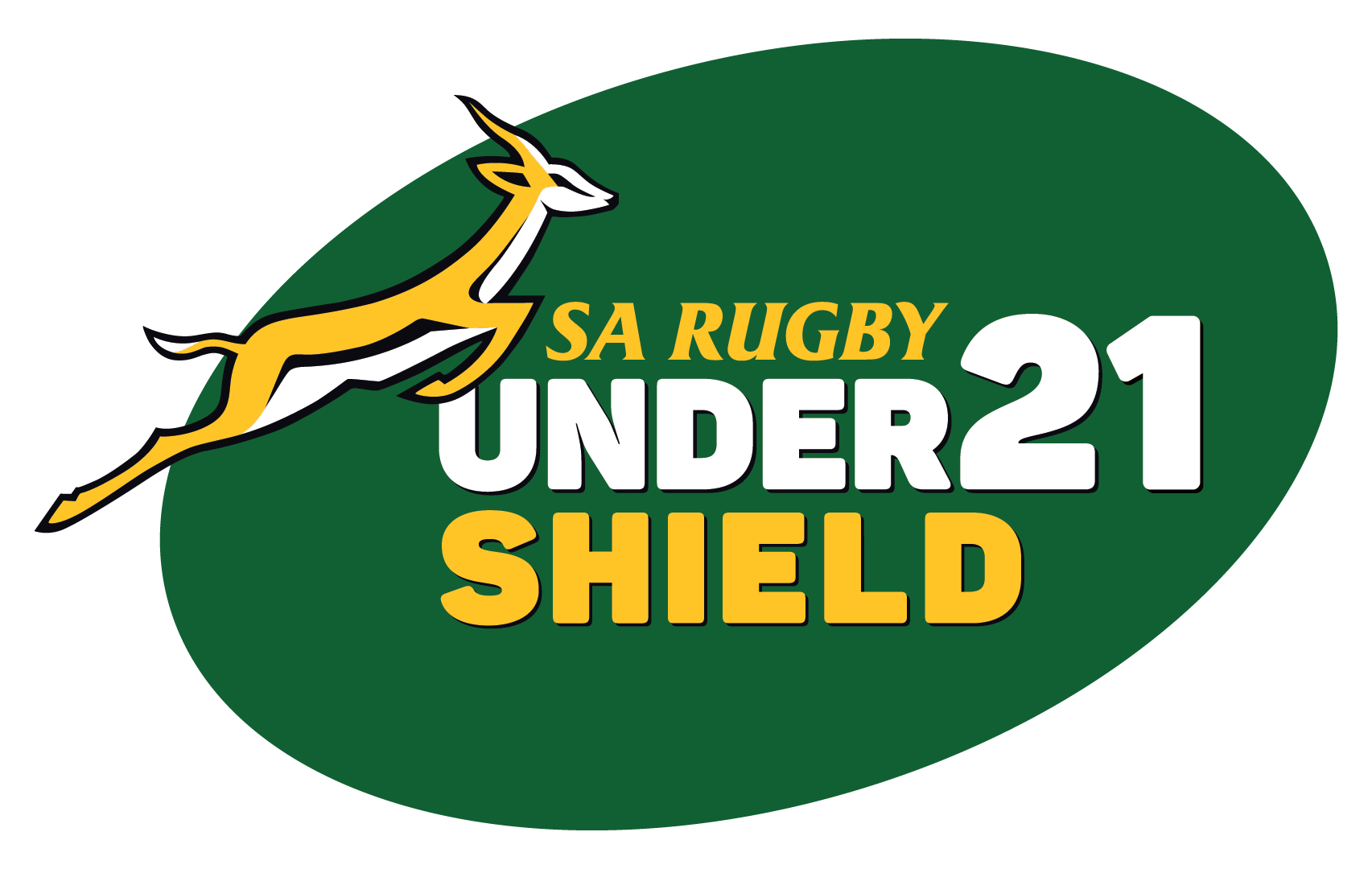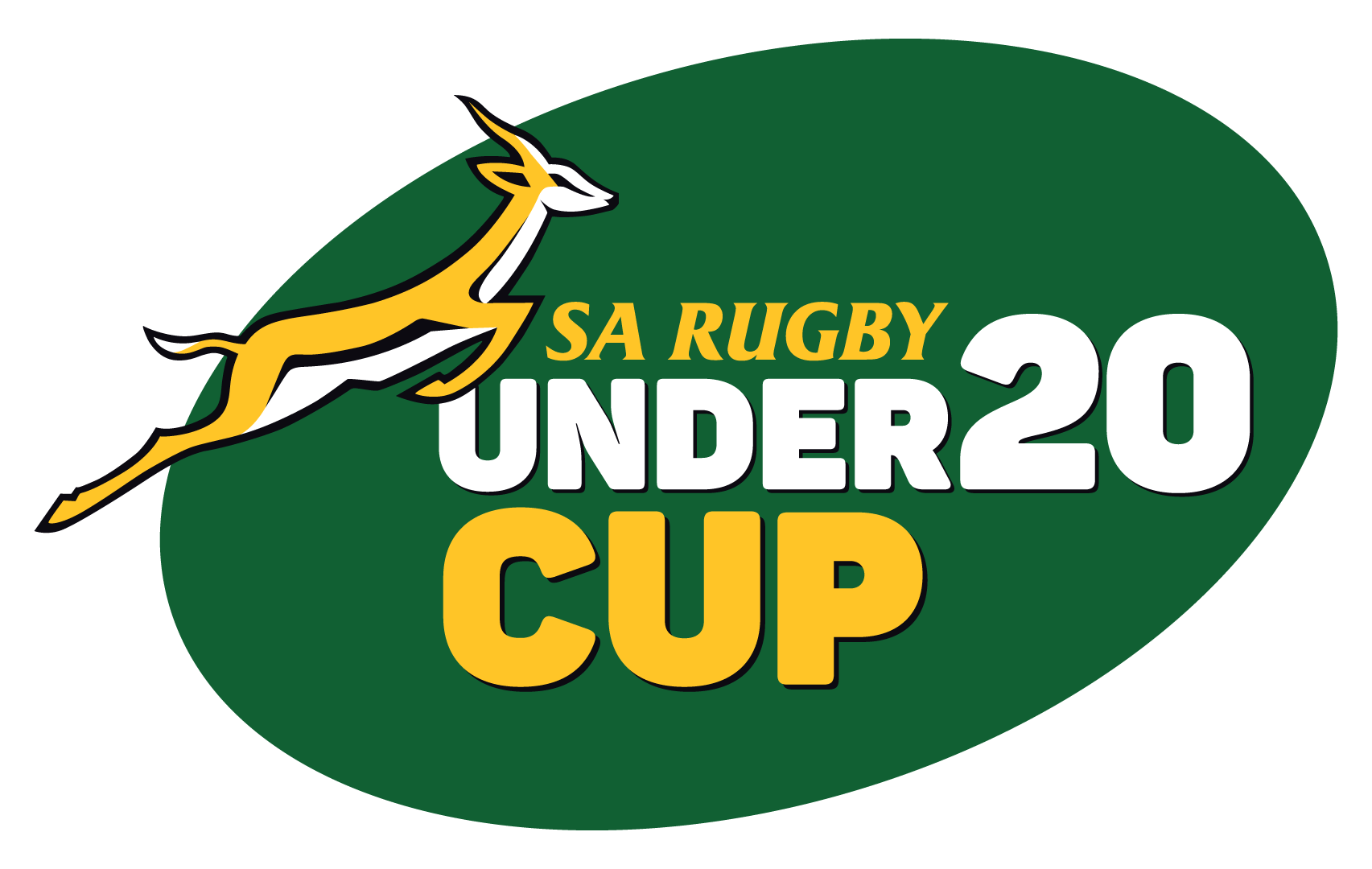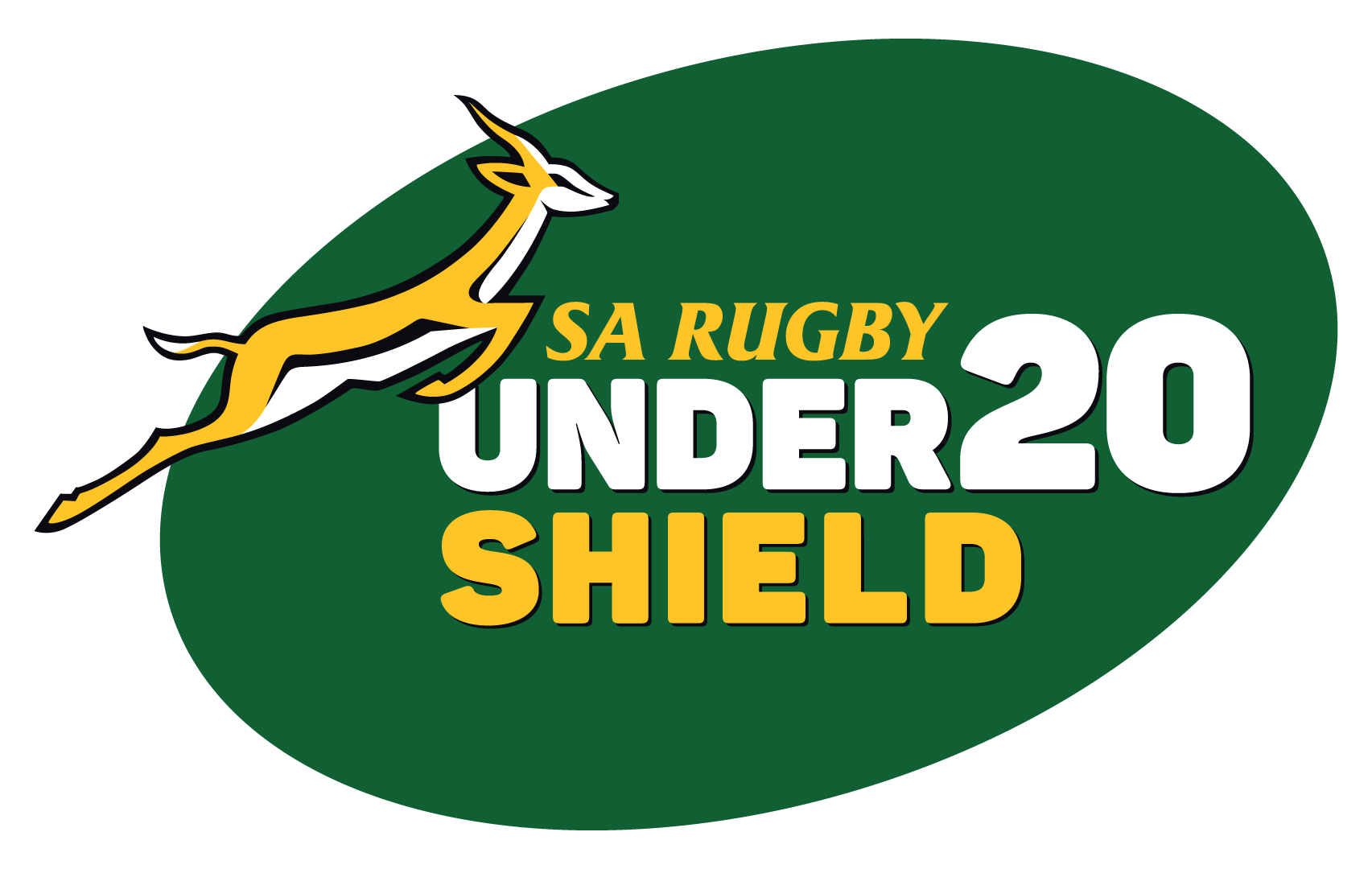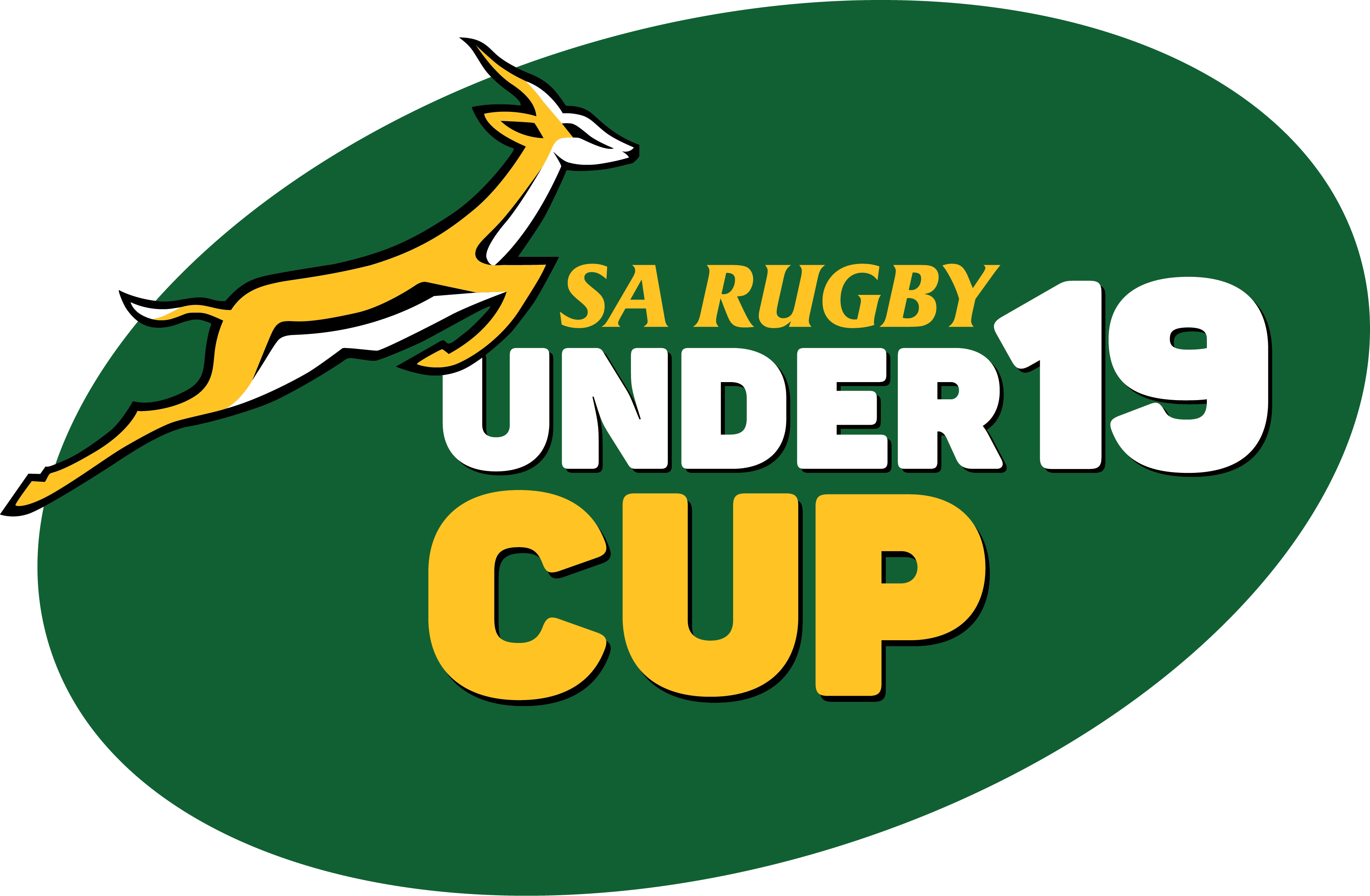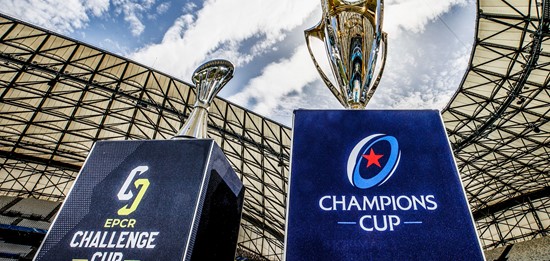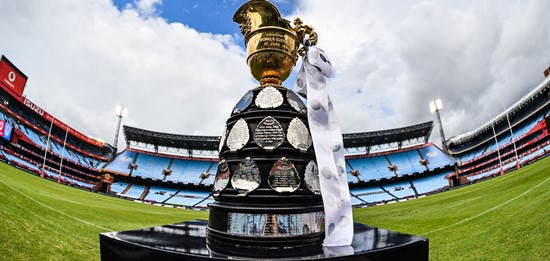The Irish domination of the old PRO14 format and in particular Leinster’s domination of the championship over the years has seen a search for meaningful competition that, until now, Leinster and others have only found in the Heineken Champions’ Cup in Europe.
But the inclusion of the South African teams, as well as Ireland’s rise as a world rugby power has set the scene for a top rivalry to develop along the lines that has never been seen before between a Northern and Southern Hemisphere side.
Ireland as a test team have made notable strides, not the least in beating the All Blacks over the past few years more than once, and the Springboks are the current top-ranked side in the world, and Rugby World Cup Champions.
The two sides will clash in an epic battle in the Rugby World Cup next year, a result which is likely to settle the pool stage and set the tone for the rest of the tournament.
In Europe in particular, Leinster have few rivals bar the French sides like Toulouse and La Rochelle, and while not too much should be read into the Vodacom Bulls win in Dublin last Friday night, it does set the stage for some rivalries in the future.
Leinster, with that loss, have now lost three times to South African teams with their second-stringers losing both games in the Republic to the DHL Stormers and Cell C Sharks.
On top of that, Munster lost both games in South Africa, as did Ulster, who had a narrow loss to the DHL Stormers this past weekend in the other semi-final.
Ulster have now come to Cape Town twice and lost twice in the dying moments, with few quibbling that they should have won the first game between the two sides a few months ago.
What their visits have done is set the stage for a return game to Cape Town that local fans will relish, while when the DHL Stormers visit Belfast there will be a measure of revenge in the air.
Connacht are another side that, while not having the pedigree of some of their larger Irish neighbours, did win in Johannesburg - one of only two sides to win in South Africa this past season.
The DHL Stormers are still smarting from their loss in Galway and the Vodacom Bulls’ game against Andy Friend’s side was a reminder of what the conditions in Galway brought, with the men from Pretoria learning much from that night that they used in the Dublin victory.
Up until now, sides such as Ulster and Munster have been unique for South African fans as they have included Springboks like Duane Vermeulen and Damian de Allende. But names like Craig Casey, Gavin Coombes, Robert Balloucoune and Nick Timoney are becoming household names in rugby circles down South.
Even Leo Cullen, Leinster’s long-serving and much-decorated coach, admitted the Vodacom URC is much more difficult now to win with the South African sides in it. Leinster finished without silverware for the first time since 2017, after winning four consecutive PRO14 titles.
“The South African teams, we knew they would bring a different flavour to the competition, in terms of that physical edge in particular,” Cullen said.
“Credit to the Bulls and it is going to get more difficult to win this competition. We have had a good run. We weren’t good enough unfortunately today and credit to Jake White and all his coaching staff and players.
“I think those teams are only going to get better as the tournament goes on so it’s a fantastic challenge for us and one we will just have to try to figure out and understand and relish going forward.”
The physical power of the South African sides has been the subject of much debate during the tournament, and the early season questionmarks over the value of South Africa in the championship have pretty much disappeared.
For the Irish provinces to face South African physicality on a regular basis will make their players better, and filter through to Andy Farrell’s side as they head into the test match arena.
Ireland may pull off one-off victories more regularly in recent times, but at the Rugby World Cup they have never progressed past the quarter-final stage, with physicality of sides often being their downfall.
As Bob Skinstad eluded to last week, South Africa does have a bit of envy on the Irish provinces, especially for the systems they put in place that made them all the better as a rugby nation.
“I genuinely think that South African rugby fans have got a hint of jealousy at the organisation and cohesiveness of Irish rugby where a small rugby playing population have continued to have good results,” said Skinstad.
“We, as South Africans, see that as effective management and leadership. We see that Irish rugby is incredibly well run and is a good example of what South Africa could aspire to.
“That’s one side of the argument. The other side is that South African talent is probably at one of the highest flows – if we are talking ebb and flow – that it has been for a long time. So, we have got a lot more talent available coming through our schools and Varsity Cup and junior systems.”
That talent has been harnessed well until now, and South African sides will still lose some of it, albeit a lot less than in normal years.
And stronger local franchises will only underline the challenge for Irish teams. But it will also force them to rethink and realign, something they have been exceptionally good at over the past few years.
With it, a new rivalry will be born, and Irish sides will now have a lot more competition outside the Champions’ Cup.
And for the Vodacom URC, in its infant stages, that can only be a good thing.







